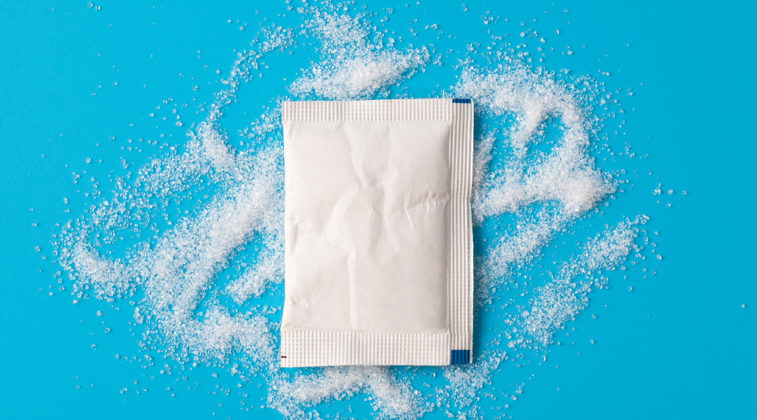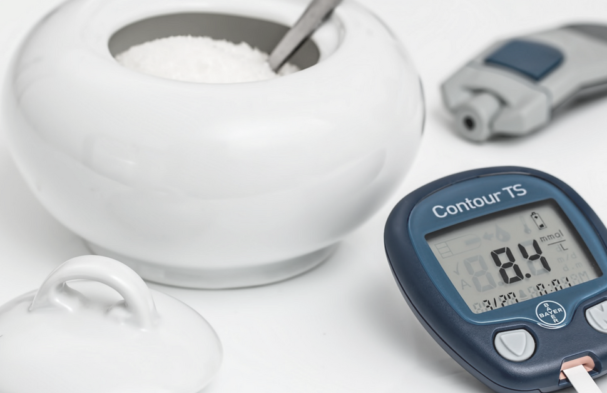
Anyone who has ever tried to lose weight or control their blood sugar levels has most likely come across the world of artificial sweeteners. They appear to be a great antidote for replacing sugary soft drinks, yogurts, cakes, cookies and anything that contains sugar. We’ve been trained to think that something with zero calories, is “guilt free”, will not raise blood sugar levels or result in any weight gain.
Scientific research reveals surprising results
Scientists at the Weizmann Institute argue otherwise. A study they published in Nature found that feeding mice a 10% solution of one of three types of commonly consumed artificial sweeteners, saccharin, sucralose and aspartame induced significant glucose intolerance over a period of 11 weeks. The amount given to these mice was equivalent to the maximum acceptable daily intake in humans as determined by the FDA. In comparison, mice that were fed a 10% solution of regular glucose or water on its’ own showed no change in their glucose tolerance levels. This same experiment was performed with different breeds of mice, showing the same results. While there have been previous studies to show links between artificial sweeteners and obesity or diabetes, this was the first of its kind to provide some sort of explanation.
Because most artificial sweeteners are not digested by the body, they go through our intestinal tract and then meet the vast population of trillions of bacteria that live in our gut and can alter its composition and function. This study suggests that certain bacterial populations related to diabetes and obesity are enhanced through the consumption of non-caloric sweeteners. To test out this hypothesis, the mice were given antibiotics as a way to “reset” their gut bacteria population, while still feeding them with saccharin. The researchers discovered that the antibiotics neutralized any differences in glucose tolerance between the saccharin-fed mice and the glucose-fed mice.
The next stage in the study was to transfer the microbiota of both mice populations to mice that were “germ-free”, with a sterile microbial environment. Interestingly enough, the mice that were previously healthy developed glucose intolerance when transplanted with the microbiota of the saccharin-fed mice, but remained healthy when transplanted the microbiota of the control mice.
Gut microbes were significantly different between the two groups of mice, while there was an increase in certain bacterial populations that were linked to obesity.
The question remaining is, what about humans?
It turns out, the researches had a look at data from 381 non-diabetic volunteers and found there was a link between self-reported consumption of artificial sweeteners and glucose intolerance. They also asked seven healthy volunteers that normally did not consume artificial sweeteners to consume the maximum daily allowance of saccharin for a week, and found a decrease in glucose tolerance amongst four of the volunteers, as well as a change in their gut bacteria such that when transferred to germ free mice was also sufficient to induce glucose intolerance
The jury is still out on the topic of artificial sweeteners, but one thing is for sure – we cannot assume that they have zero effect on our weight and glucose tolerance levels. We know that at DayTwo, everyone has a different glucose response to different food components, including artificial sweeteners. However, in the meantime – it would be prudent not to go overboard with diet drinks and artificially sweetened foods.


